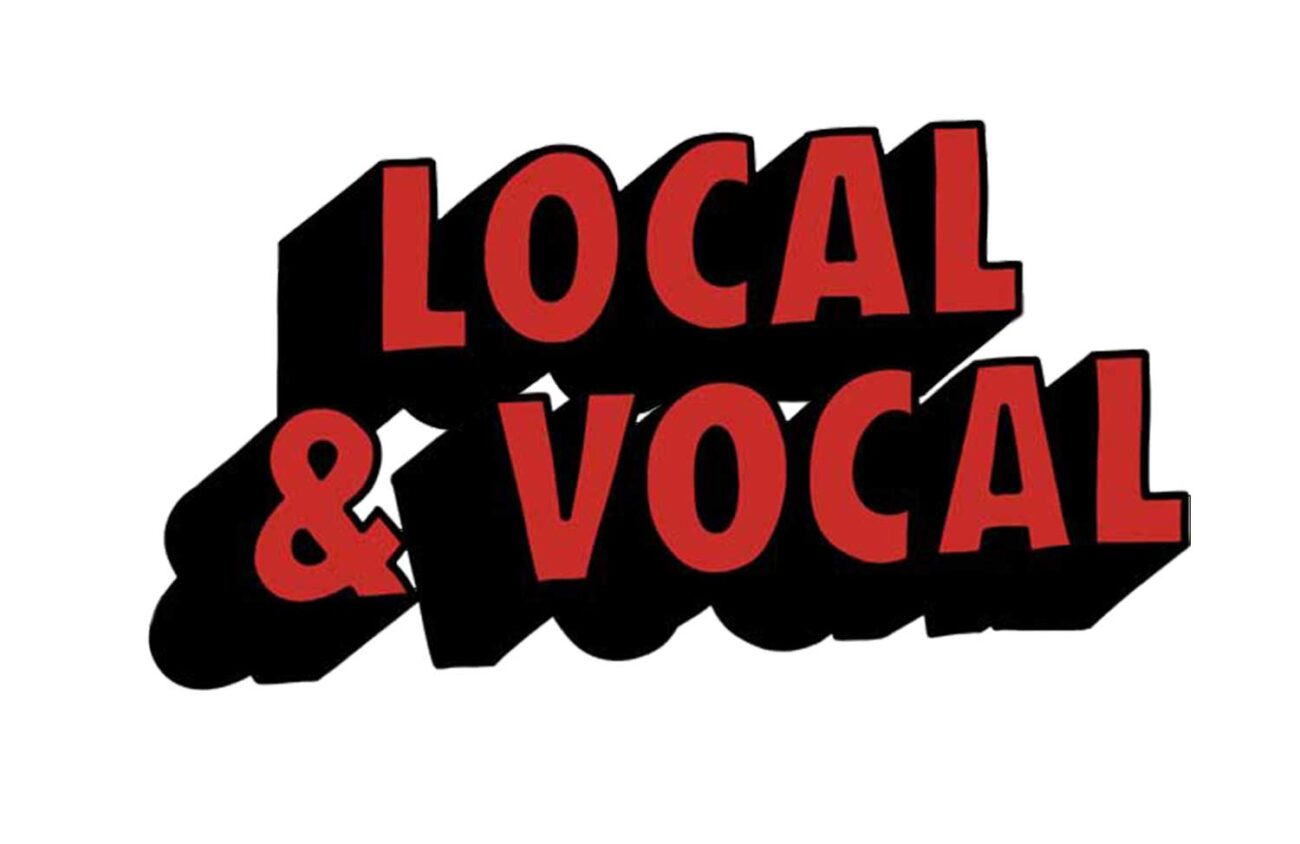The article about the Hentze Family Farm (“From Agro-tourism to Micro-brewery,” Nov. 20), sketches a woeful tale of a heritage farm beleaguered by petty land use regulations. Regrettably, the report is rife with misinformation and a critical omission.
The Hentzes claim they are prevented from making a viable farm income because they’ve been denied a brewery, and their Type 1 county permit would allow only four events a year spaced 90 days apart. In fact, the farm is already approved as a brewery and has no limit on the number of events it can hold.
According to Keir Miller, Lane County’s Land Management Division Manager, the permit “allows a farm to conduct operations that are directly related to the sale or marketing of malt beverages produced on site through a variety of means, including: malt beverage tastings in a tasting room or other location on the premises occupied by the farm brewery; malt beverage club activities; brewer luncheons and dinners; farm brewery and hop farm tours. In addition, it allows farm breweries to host up to 18 agri-tourism events per year.”
Moreover, the barn that didn’t meet the county’s 100-foot setback requirement has received a variance, and it’s possible that a variance on the amount of acres required for hops, or the allowance of an alternative crop, will be granted, as well.
What the story fails to mention is that the Hentzes are behind a bill that state Sen. Cedric Hayden re-introduced in the 2023 legislative session as SB 1087, which would allow “farm cafeé” on farm-zoned land in Lane County. For all the ostensible concern about a brewery, that is the Hentzes’ real purpose.
There are compelling reasons why this bill was overwhelmingly opposed by a wide range of Oregonians. Farm stands are a common, pleasing and permitted seasonal attraction for produce grown on site and restricted to ensure that sales from them do not exceed the overall sales from farm crops. The Hentze bill, however, would allow a restaurant as large as 5,000 square feet — larger than the typical small town café — that could readily become independent of the produce and sale of crops onsite. What the restaurant would produce is year-round traffic and pollution, lighting and noise that could disturb wildlife and neighboring property owners and more global warming.
Now in its 50th year, Oregon’s land use program became a model for the nation, but the system has been under siege since its inception by development interests intent on weakening or destroying land use regulation.
LandWatch Lane County, the nonprofit I head, has been working with neighbors for more than 25 years to keep such farmland as the Hentzes’ own growing crops, not restaurants, and other urbanizing structures and infrastructure. We’re an experienced, successful and readily accessible land use watchdog willing and able to help county residents — including media reporters — navigate the shoals of land use law and applications for development on Lane County’s rural lands. Interested and concerned parties should consult our website at LandWatch.net.
